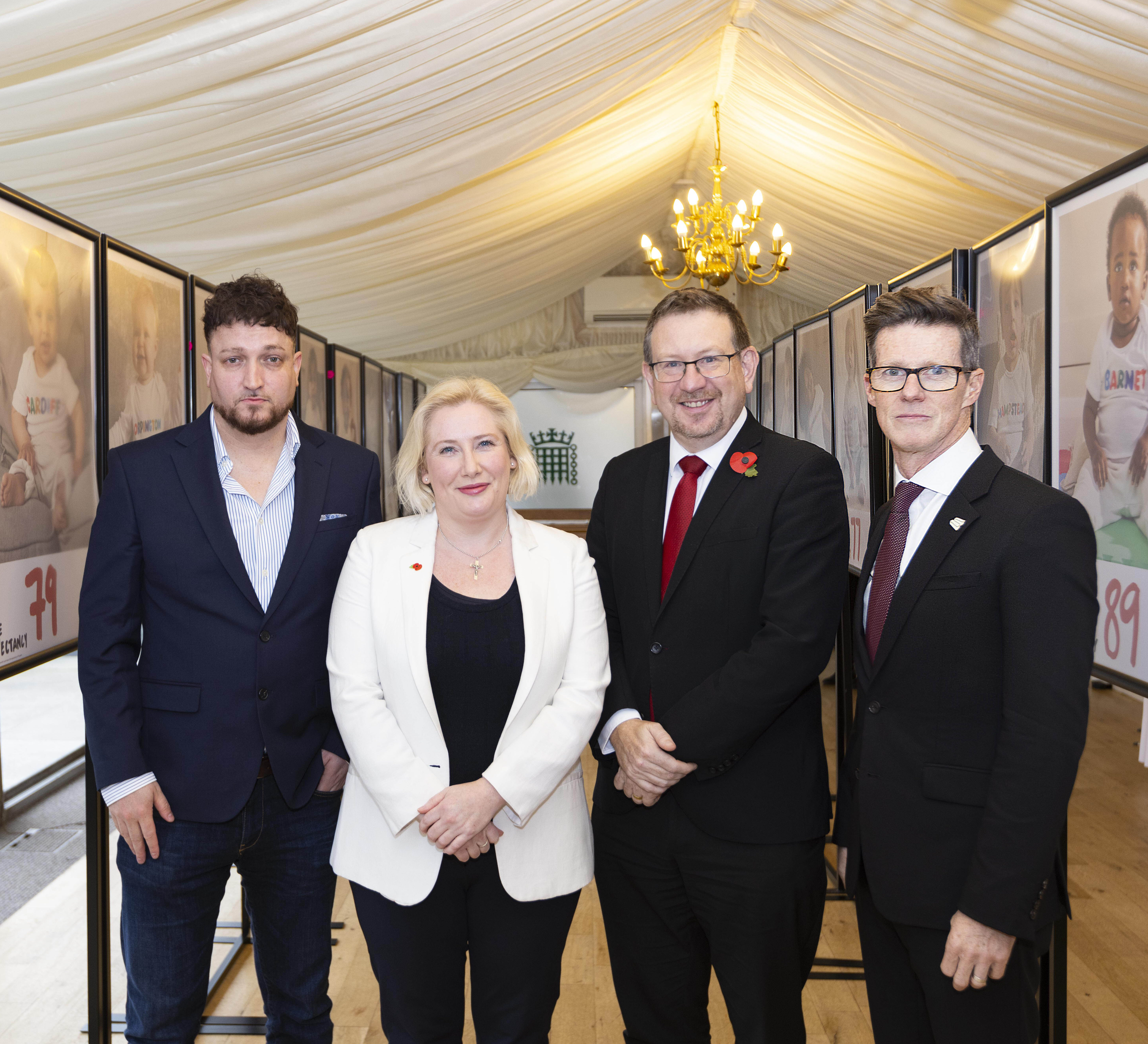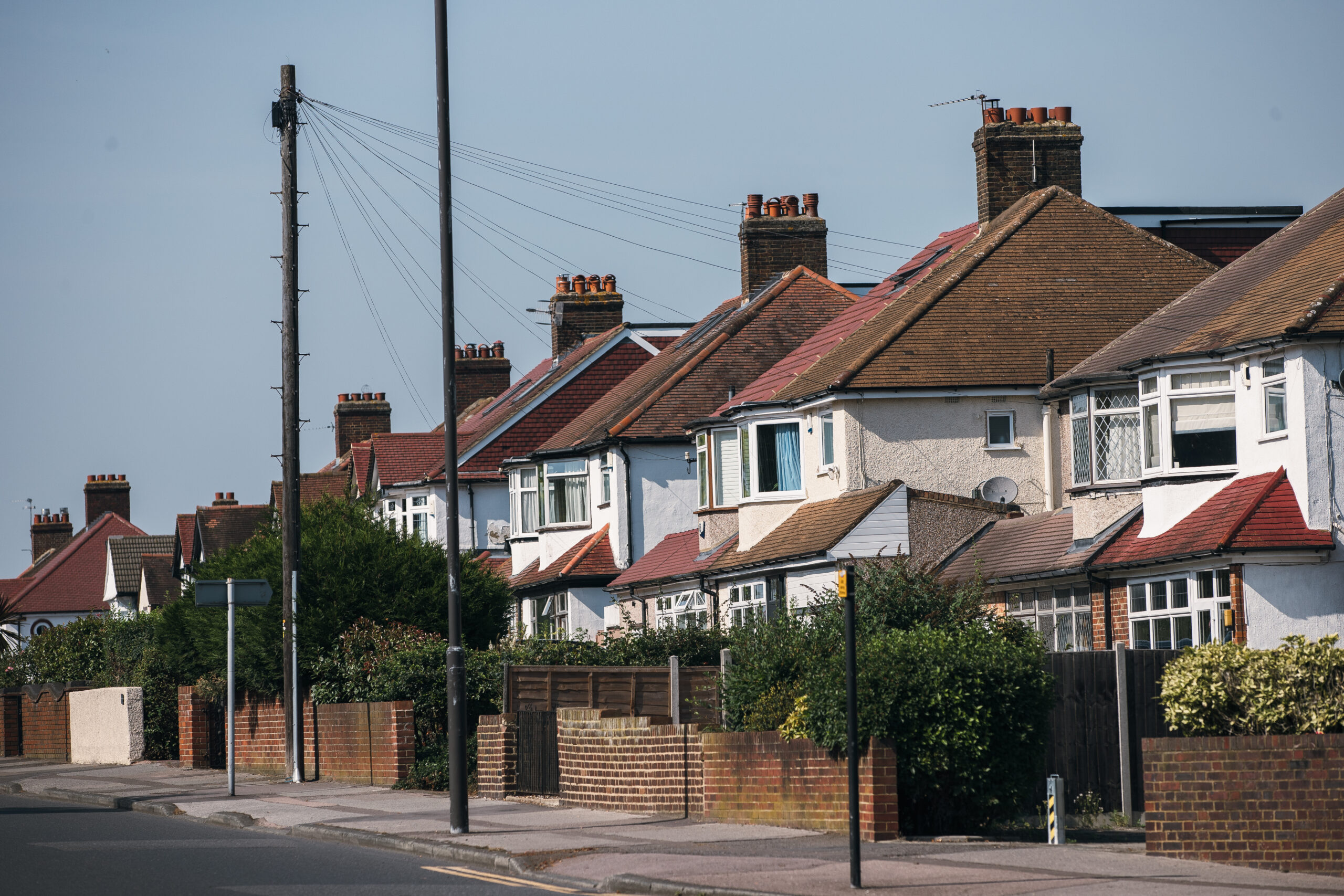Parliament unites to tackle health inequality
- Minister Ashley Dalton spoke at the event to address the Health Equals coalition
- Award-winning author and campaigner Darren McGarvey joined a chorus of voices to call for a national, cross-government strategy to tackle health inequalities
Today a coalition of more than 80 organisations, backed by a network of 77 MPs, called for urgent political action to address growing health inequalities across the UK.
Campaigning coalition Health Equals, whose members include Mind, the British Red Cross, Citizens Advice, Crisis and the Joseph Rowntree Foundation, and its Parliamentary Champions Network, used a parliamentary event to deliver a clear call to action for the government to publish a cross-government strategy to tackle health inequalities.
The reception, hosted by Afzal Khan MP (Manchester Rusholme) whose constituency is in the lowest 25% for life expectancy at 77 years, brought together voices including award-winning author and campaigner Darren McGarvey. Minister for Public Health and Prevention, Ashley Dalton, also attended and spoke at the event, reflecting on the progress made in tackling health inequalities during the first year of the Labour government and its health mission, and outlined what comes next following the publication of the 10-Year Plan.
The Make Health Equal campaign is calling for urgent action following the recent commitment by the Government in its 10-Year health plan to halve the gap in healthy life expectancy between the country’s highest income and lowest income regions. Health Equals is calling for a cross-government health inequalities strategy that addresses the building blocks of health. These building blocks include quality homes that are warm and safe, stable jobs and clean air – all things that contribute to how healthy we are and ultimately, how long we live.
The event followed recent data from Health Equals member The Health Foundation, which revealed that in some areas of England and Wales, people are more than twice as likely to die prematurely (before age 75) than in other areas. The biggest contributors to these differences are factors such as education, people’s jobs and levels of deprivation. When it comes to how life expectancy compares between regions, the rates of people dying earlier are highest in local authorities in the North East, North West and Yorkshire and the Humber, and lowest in London.
New data from Public First, commissioned by Health Equals, also reveal the public’s growing concern about the state of the nation’s health and a strong desire for government action. Over half (53%) of the public believe that physical health in the UK is getting worse. Meanwhile, 95% of adults say individuals alone are not responsible for keeping people healthy, with 72% believing the government shares responsibility.
Campaigner and Author, Darren McGarvey comments:
We can no longer afford to pretend health inequality is a distant issue, this is a political emergency. I grew up in a working-class community in Glasgow where poverty, addiction, and early death were part of everyday life. I saw how where you live, what you earn, and the stress you carry, can shape your health.
These aren’t just statistics, they’re stories like mine, repeating across the UK. Health inequality isn’t just about healthcare, it’s about housing, education, jobs, and the air we breathe. That’s why I’m standing with Health Equals to call for a national, cross-government strategy. We need stronger local responsibilities and MPs willing to lead with urgency. This isn’t about party politics, it’s about justice. Your postcode should never decide how long you live.
Ashley Dalton MP (Minister for Public Health and Prevention) who also spoke at the event, reinforced the Government’s role in tackling the UK’s widening health gap:
Tackling persistent health inequalities is a key aim of our mission to make the NHS fit for the future, and we are determined to ensure that where you live no longer determines how long you live as part of our Plan for Change.
We’ve already made important progress in our first year, and our 10 Year Health Plan reaffirms our commitment to halving the gap in healthy life expectancy. But tackling the underlying drivers of ill-health cannot be done through the health system alone. This government is taking immediate action, working across government, to address inequalities and I welcome the work of Health Equals to raise awareness of this important issue.
Paul McDonald, Chief Campaigns Officer at Health Equals added:
Health inequality is a national crisis hiding in plain sight and the public is waking up to it. The data shows that people in some areas of England and Wales are twice as likely to die before 75 than people in other areas. This reflects deep-rooted inequality tied to where people live, work, and learn.
Our health is shaped by the world around us – stable jobs, quality homes, and clean air are vital to our wellbeing. These essential building blocks aren’t accessible to everyone, but it doesn’t have to be this way. The Government has a real opportunity to act on these through their Growth and Opportunity missions. Health Equals is calling for a cross-government health inequalities strategy to tackle this inequality and stop lives being cut short.
A strong cross-party delegation attended, including:
- Ashley Dalton, Minister for Public Health and Prevention
- Anna Dixon MP (Labour, Shipley) – former King’s Fund policy director
- Afzal Khan MP (Labour, Manchester Rusholme)
- Vikki Slade MP (Lib Dem, Mid Dorset & North Poole) – Housing & Communities Spokesperson
- Richard Foord MP (Lib Dem, Honiton and Sidmouth)
- Lewis Atkinson MP (Labour, Sunderland Central)
- Irene Campbell MP (Labour, North Ayrshire and Arran)
- Shockat Adam MP (Independent, Leicester South)
- Lorraine Beavers MP (Labour, Blackpool North& Fleetwood)
- Maureen Burke MP (Labour, Glasgow North East)
- Peter Dowd MP (Labour, Bootle)
- Andrew George MP (Lib Dem, St Ives)
- Danny Beales MP (Labour, Uxbridge and South Ruislip)
- Baroness Golding (Labour, House of Lords)
The event served as a critical moment to unite political and public will behind a national movement to tackle health inequality head-on.



